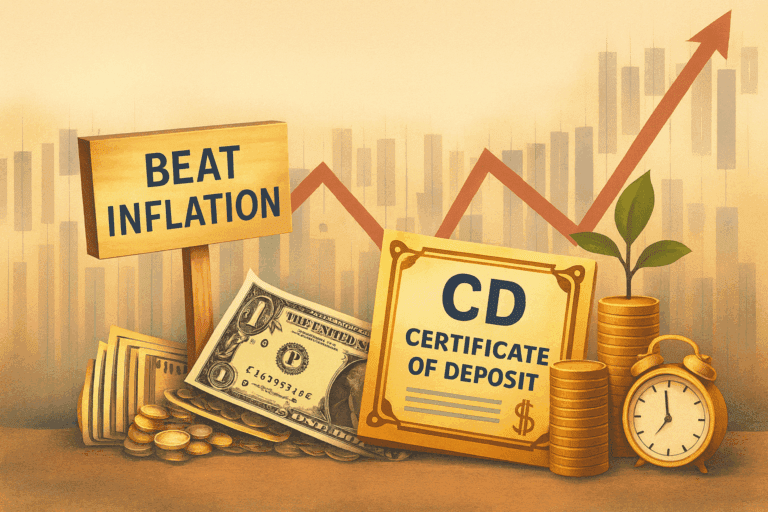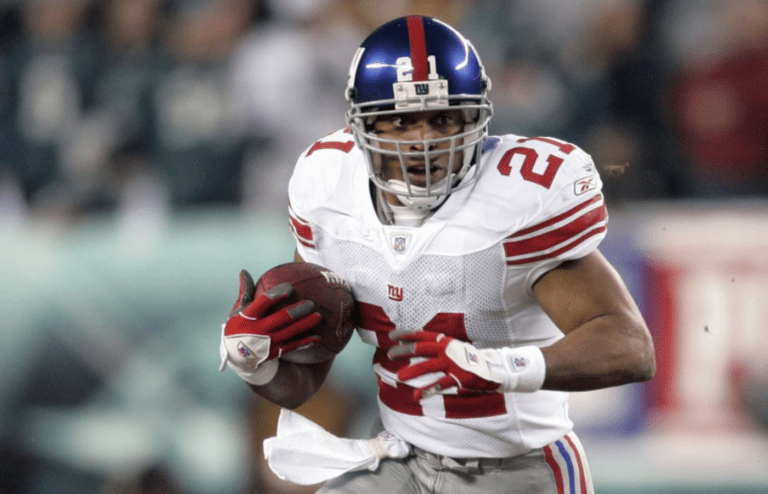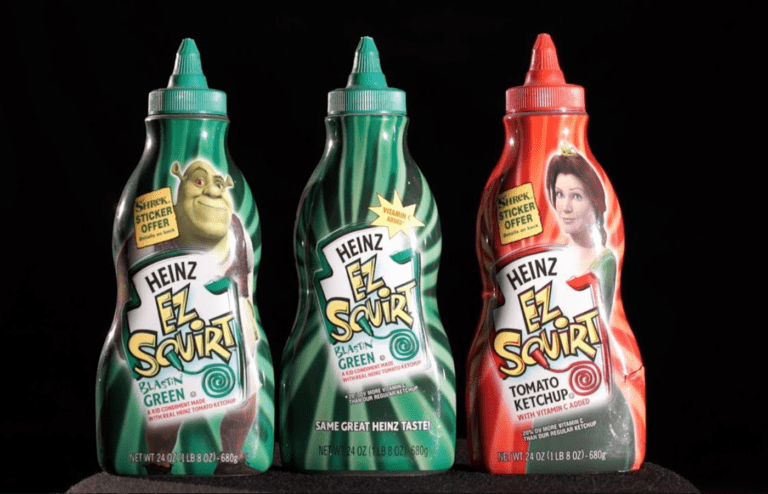If you’ve been keeping up with the world of finance for the past few years, you might have noticed a somewhat unamusing trend. People keep saying a recession is imminent and then that recession keeps not materializing. This is certainly a good thing, but what gives? Are economists just losing their touch, or is something weirder at play?
Circling the Drain
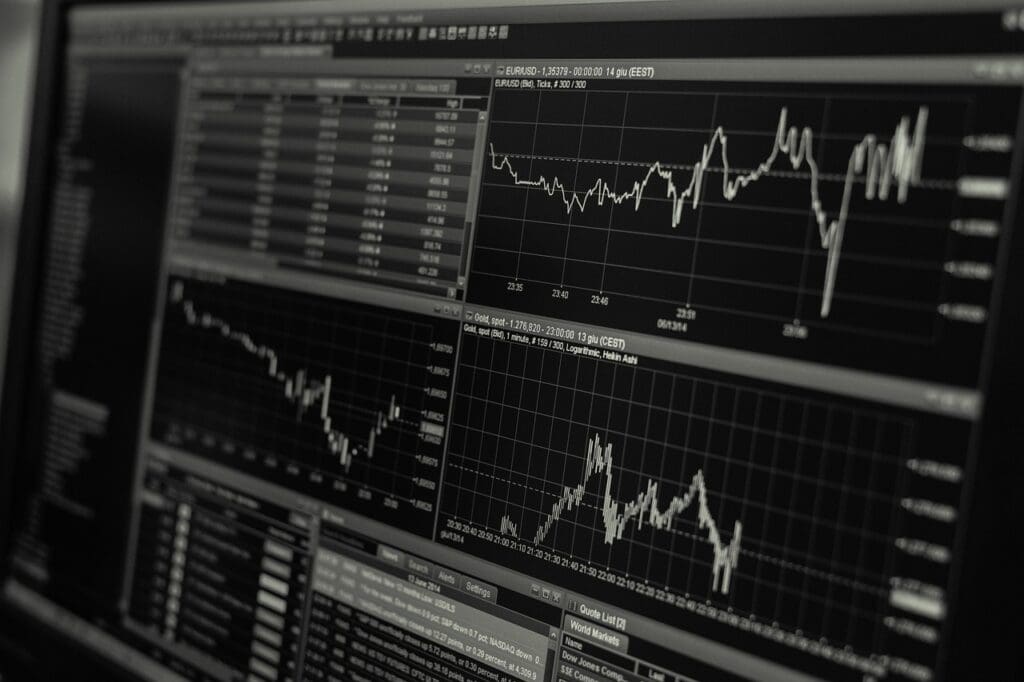
The economy has looked rough at a glance for years now. In 2022, the Conference Board’s Leading Economic Index indicated a recession was around the corner. The yield curve for Treasury notes inverted in November 2022 and has remained inverted ever since. Also in 2022, we had two negative quarters of GDP, a sure sign of a recession. In early August 2024, the Sahm Rule of short-term unemployment level spikes triggered.
So, We’re in a Recession Now, Right?
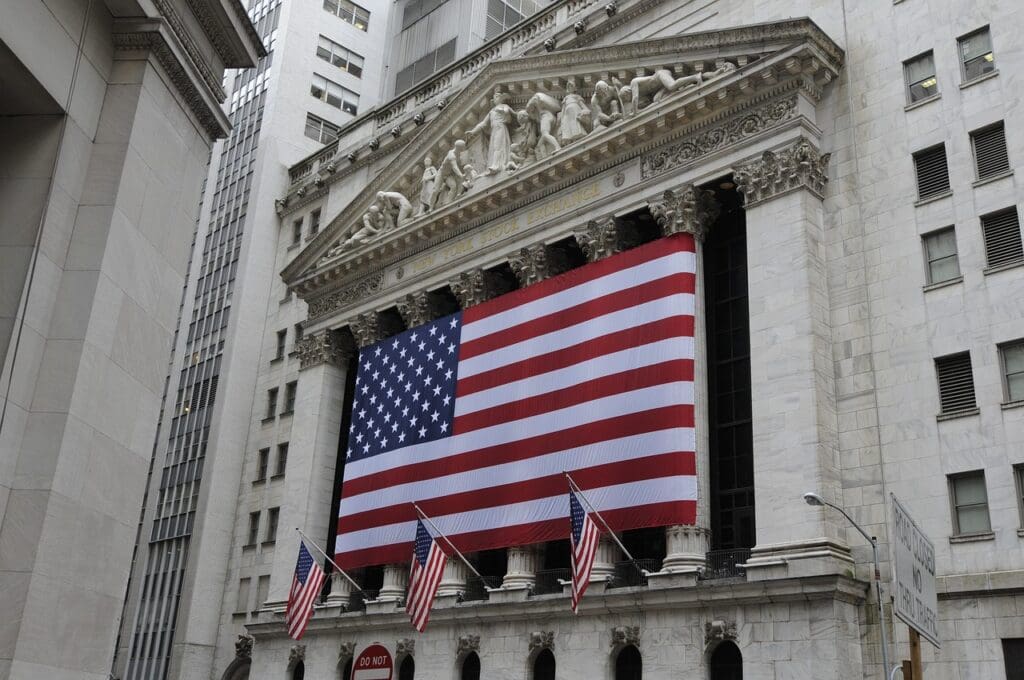
Weirdly, no. The US hasn’t slipped into a recession yet despite all of these signals indicating we should all be scrambling for our emergency funds right now. Is the data inaccurate? No, experts say the economic data signaling dire financial straits is all true. It just might be time to start looking at the economy differently.
False Positives
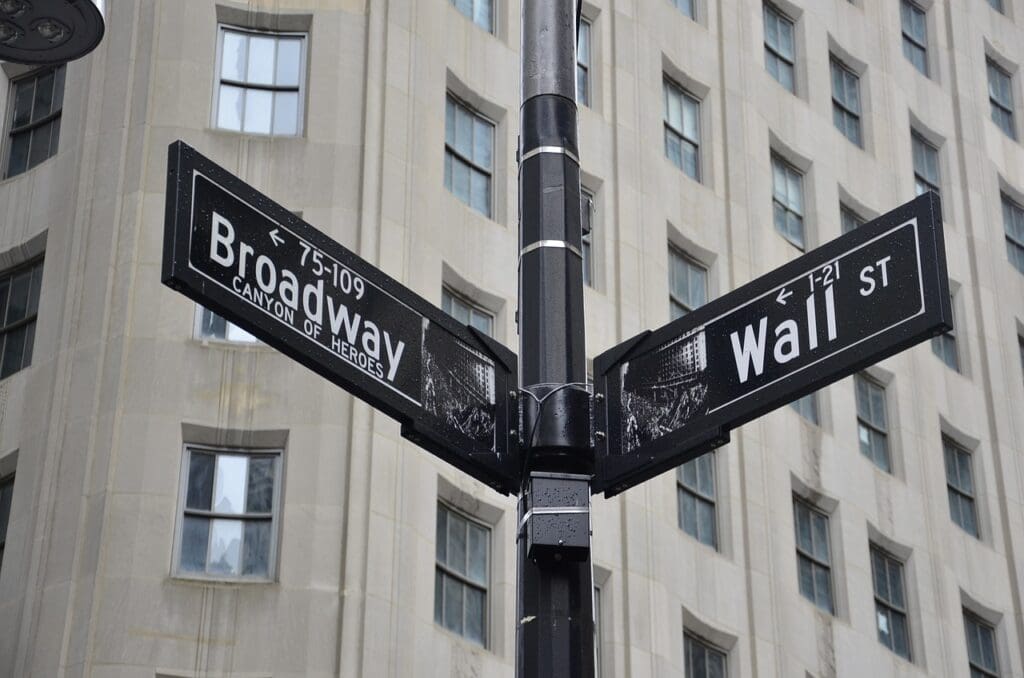
There’s a big element of the modern economy that needs to be factored in when regarding recession indications and false positives. The pandemic did very weird things to the world’s markets. Everyone is happy to move past the effects of COVID, but it’s impossible to overstate how disruptive it was on the global scale.
Predictions, Correlation, and Causation
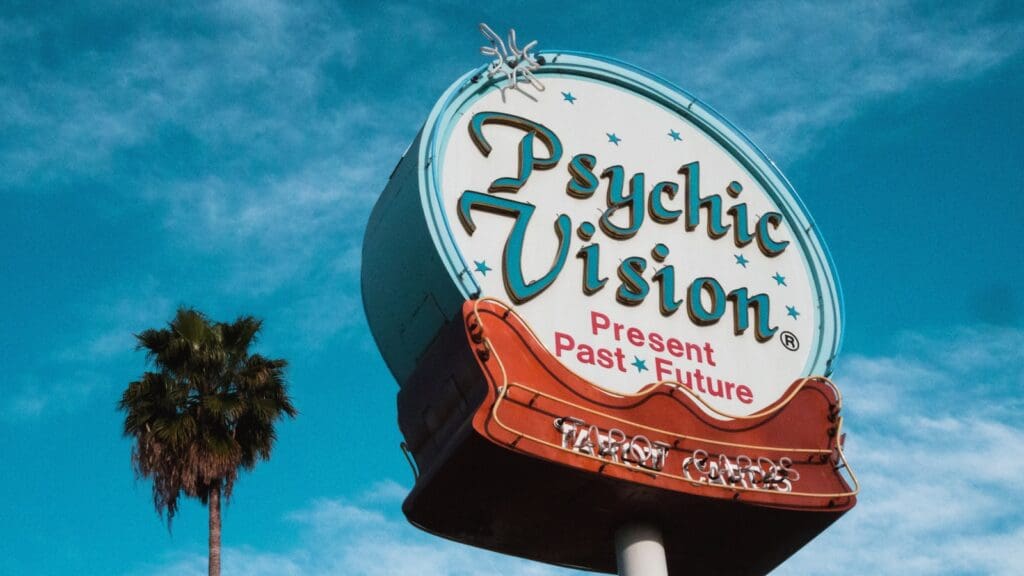
Predicting the future isn’t just difficult, it’s basically impossible. You can make predictions that turn out to be accurate, and you can even have a high rate of success by gathering relevant information and studying history. Still, predicting the future accurately isn’t something anyone can do all the time. There are simply too many variables in play with complicated systems like global economic forces.
What’s the Point, Then?

Okay, so no one can predict the future. Why do economists even try, then? Well, it’s a bit more complicated than definitive statements make it seem. Just because the future is unknowable doesn’t mean there’s no reason to make projections. If you know where something is coming from and how fast it’s going, you can make some pretty accurate guesses about where it’s going to land. Economics aren’t physics, but some similar principles are in play.
Reliance on Indicators
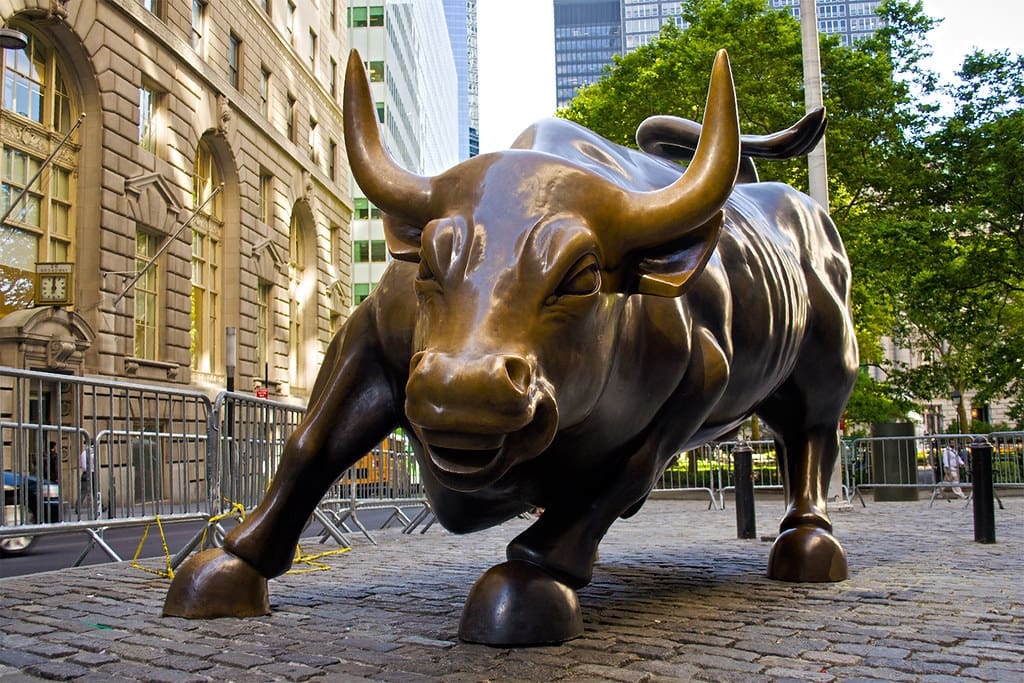
What this episode shows economists, though, is that there’s not a good bellwether for recession anymore. The economy is a complex system, and it’s now complex enough that no individual indicator is going to offer insight into future performance. Our models will need to account for yet still more data points to become accurate.
The “Vibecession” Exists

In 2022, web personality and former options trader Kyla Scanlon coined the term “vibecession” to refer to the pervading American attitude that the economy was in a bad spot even though key indicators showed that’s not the case. Her point was that high gas prices, comparatively low wages, and a general malaise have made the economy feel pretty miserable.
Reality vs. Perception

So, some indicators show us we should be in a recession, people broadly feel like the economy is struggling, but the raw data shows that the US is doing fine. What can we make of this mess? While perception isn’t reality, for most people their perception might as well be objective. That’s a huge messaging problem for the Federal Reserve and Wall Street, as the economy is made up as much of sentiment as real goods.
Read More: Bill Gates Made 15 Major Predictions in 1999 That All Came True
Indicators Could Have Prevented Recession
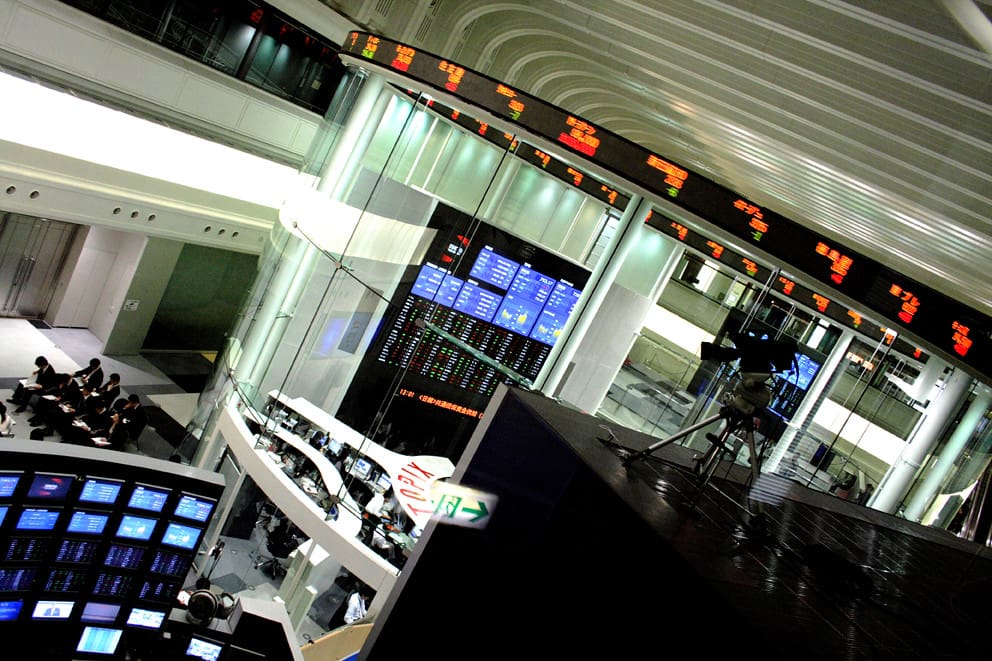
Interestingly, people seeing the recession indicators flashing big red warning signs in 2022 might have helped stop the recession themselves. Companies slowed spending and took it easy in response to things like the Treasury yield curve inversion. That might make the signal look false, but the reality is that it worked perfectly and helped everyone dodge some serious problems.
Read More: 10 Times TV Shows Accurately Predicted the Future
Is it Just Random?

So, is the economy just a big slot machine? No, it’s a complex system that hinges on a variety of multilayered and complicated factors. Viewing it as totally random isn’t helpful. But, it’s hard enough to predict that the best call is to just hedge your bets, don’t take excessive risks, and keep your eyes peeled for any signs of trouble.
Read More: Is a Recession Still Likely?

